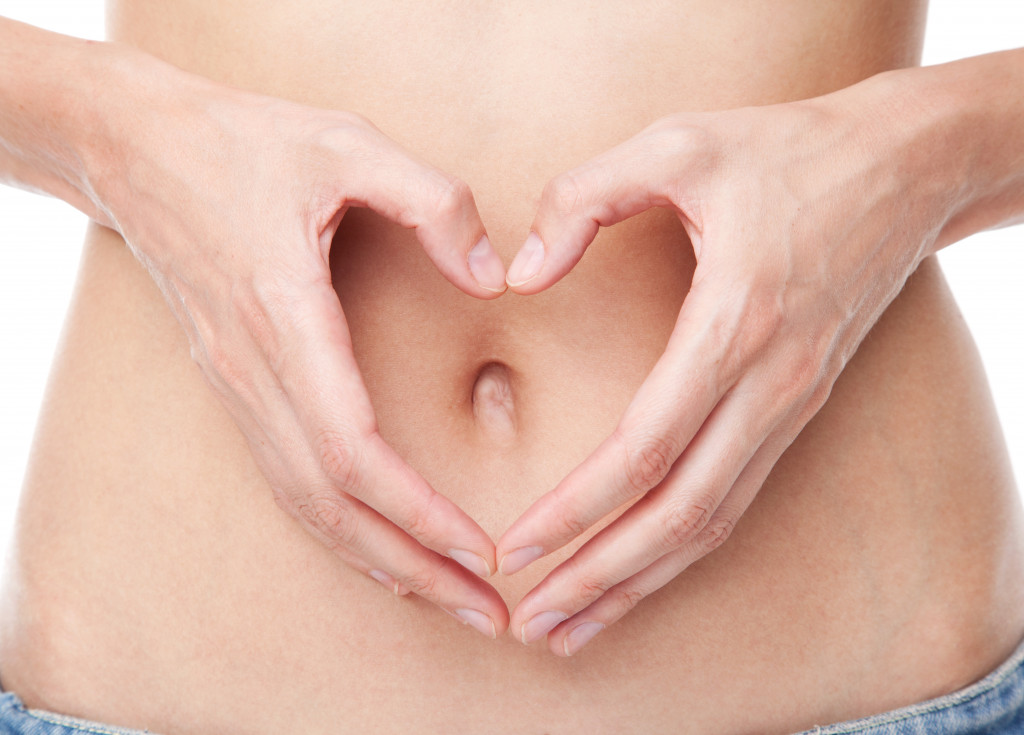Many people take good digestion for granted. It is only when you experience indigestion, bloating, or other digestive issues that you realize the importance of a well-functioning digestive system.
There can be varying reasons for digestive issues – from an unhealthy diet to stress and anxiety. Thankfully, a few simple lifestyle changes can help improve your digestion. Aside from staying hydrated and eating the right type of foods, consider the following steps in boosting healthy digestion.
Avoid Processed Foods and Eating Late at Night
Processed foods are generally high in unhealthy fats, additives, and preservatives, which can be challenging for your digestive system to break down. These foods can also lead to inflammation in the gut, which can further aggravate digestive issues. So, it’s best to avoid processed foods as much as possible and stick to whole, unprocessed foods.
Eating late at night can also be tough on your digestion. When you eat close to bedtime, your digestive system is already preparing for sleep mode, which means food fails to break down and digest properly. This can lead to indigestion, bloating, and even heartburn. So, it’s best to have your last meal a couple of hours before hitting the sack.
Experts recommend you give your digestive system a break by fasting for 12 hours between dinner and breakfast the following day. This gives your body ample time to digest food properly and can help improve your overall digestion.
Eat Slowly and Chew Thoroughly
When you eat quickly, you tend to gulp air along with your food, which can lead to gas and bloating. When you fail to chew your food thoroughly, your digestive system has to work harder to break down the food, which can also lead to indigestion. So, take your time with meals, and chew each bite slowly and thoroughly before swallowing. You’ll not only improve your digestion but also enjoy your food more!
It also helps if you can cut your food into smaller pieces. Smaller pieces of food are easier to chew and digest than large chunks of food. So, instead of biting into that large sandwich, cut it up into smaller pieces first.
Invest in Dental Care
 You may not realize it, but oral health plays a big role in digestion. For one, you use your teeth to chew food. When you have healthy teeth and gums, it’s easier to chew food thoroughly. But with missing teeth or gum disease, it can be difficult to break down food properly, leading to indigestion.
You may not realize it, but oral health plays a big role in digestion. For one, you use your teeth to chew food. When you have healthy teeth and gums, it’s easier to chew food thoroughly. But with missing teeth or gum disease, it can be difficult to break down food properly, leading to indigestion.
Another way oral health affects digestion is through bacteria. The mouth is home to millions of bacteria, some of which are good for you while others can be harmful. When you have poor oral hygiene, the bad bacteria can multiply and spread to other parts of your body, including the gut. This can lead to inflammation and digestive issues.
So, taking care of your oral health by brushing and flossing regularly and seeing your reliable dentist for regular checkups is crucial. Find a reputable dentist offering many dental services to help you achieve and maintain optimal oral health. This can include gum care, crowns, implants, and more. Check reviews and accreditations first to ensure you put your dental care in good hands.
Get Regular Exercise
Exercise is not only good for your physical health but also your digestive health. Exercising regularly helps increase the movement of food through your intestines, which can help relieve constipation.
There are many types of exercises you can do to help boost your digestion. Cardio activities such as walking, jogging, and swimming are all great for improving digestion. Strength training exercises can also help ton your abdominal muscles and improve blood flow to the gut.
So, make sure to get regular exercise to help improve your digestion. You don’t have to go to the gym daily or lift heavy weights. Just 30 minutes of moderate exercise a day can make a big difference.
Reduce Stress and Anxiety
Stress and anxiety can also trigger digestive issues. When you’re stressed, your body releases cortisol, the stress hormone. This hormone can lead to inflammation in the gut, which can then aggravate existing digestive issues.
Anxiety can also make you more aware of your bodily sensations, which can amplify the symptoms of digestive issues. So, if you’re already dealing with indigestion, stress, and anxiety can make the symptoms worse.
To reduce stress and anxiety, you can try different techniques. Meditation, mindfulness, and deep breathing are all great for managing stress and anxiety. You can also try exercise, journaling, and spending time in nature.
Time Your Hot Showers
If you take showers right after eating, the hot water can worsen your indigestion. That’s because it can relax the lower esophageal sphincter (LES), a muscle that opens and closes to allow food into your stomach. When relaxed, the LES can let stomach acid go back up to the esophagus, aggravating indigestion.
So, it’s best to wait at least 30 minutes after eating before taking a shower or bath. This gives your food time to digest, so you don’t have to worry about worsening your indigestion.
There are things you can do to improve your digestion. From changing your diet to exercise and stress reduction, many options are available to you. Try out different techniques and see what works best for you. Remember, good digestion is essential for overall health, so it’s worth taking the time to find what works for you.

